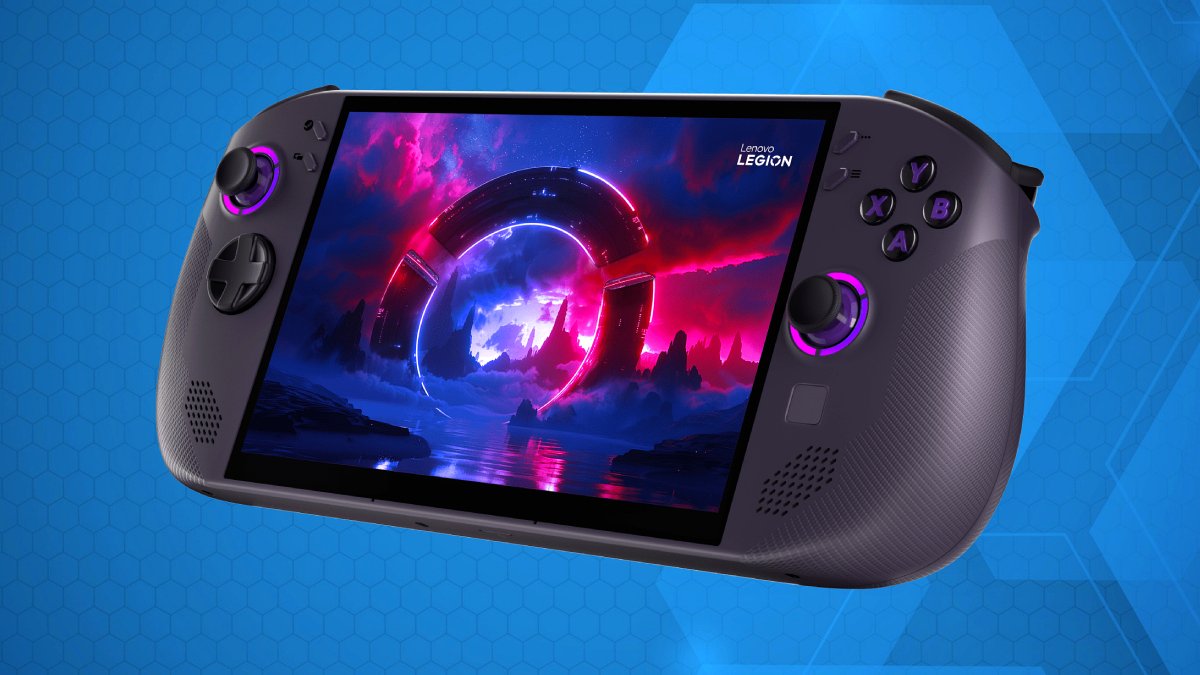Independent benchmark testing across multiple AAA titles reveals that Lenovo's Legion Go S delivers measurably superior gaming performance under SteamOS versus Windows 11 on identical hardware configurations. Controlled testing methodologies document frame rate improvements spanning 8% to 36%, fundamentally challenging long-held assumptions about Windows' inherent advantage for PC gaming on portable x86 devices.
Technical Performance Analysis
Ars Technica conducted rigorous comparative testing using the same Legion Go S hardware with both operating systems, testing five recent games through built-in benchmarking tools at multiple graphics settings. The testing methodology involved starting with the SteamOS version, installing Windows 11 with updated Lenovo drivers, and retesting identical benchmark scenarios.
Testing results demonstrate SteamOS performance superiority across four of five evaluated titles. Returnal exhibited the most significant improvement, escalating from 18 FPS on Windows 11 to 33 FPS under SteamOS at high graphics settings and native 1920×1200 resolution—representing an 83% performance increase. The Witcher 3: Wild Hunt achieved 15% gains (66→76 FPS), Doom Eternal delivered 14% improvements (66→75 FPS), and Cyberpunk 2077 demonstrated 28% enhanced performance (46→59 FPS) at low-medium settings.
Only Borderlands 3 achieved comparable performance across both operating systems, with Windows maintaining slightly higher frame rates using stock Lenovo drivers. Even when testers installed newer AMD-compatible drivers sourced from ASUS ROG Ally updates, SteamOS maintained performance advantages ranging from 8% to 36% across tested scenarios.
Proton Translation Layer Efficiency
These performance metrics directly contradict conventional wisdom regarding Windows' presumed gaming advantage through native x86 instruction execution. SteamOS operates games through Valve's Proton compatibility layer, translating Windows DirectX calls to Vulkan for Linux environments. Yet Valve's continuous Proton refinements and optimized Mesa graphics drivers demonstrate that translation overhead has been effectively eliminated—and in many cases, surpassed by reduced system overhead.
The SteamOS performance advantage stems partly from reduced operating system overhead compared to Windows 11. Microsoft's generalist operating system includes background services, telemetry systems, and resource allocation mechanisms that consume processing power. SteamOS eliminates many of these overhead processes, focusing system resources specifically on gaming performance.
Market Positioning Implications
These empirical results establish Valve's strongest case yet for SteamOS adoption across the broader handheld gaming PC market. The Legion Go S constitutes the first third-party gaming handheld engineered explicitly for dual OS operation, enabling unprecedented apples-to-apples performance analysis on standardized AMD Z2 Go hardware.
Pricing further strengthens SteamOS appeal, with the Legion Go S SteamOS version retailing at $599 compared to $729 for the Windows counterpart. This $130 price differential, combined with superior performance metrics, positions SteamOS as both the more economical and technically advantageous choice for handheld gaming PCs.
Critical Assessment
While SteamOS demonstrates clear performance advantages, compatibility limitations remain significant considerations for handheld gaming PC buyers. Certain games incompatible with Linux environments require Windows installation, and some applications need complex workarounds to function properly on SteamOS.
The current SteamOS hardware compatibility restrictions also limit broader adoption. Valve's operating system supports only specific AMD processor configurations and excludes Intel CPUs, Nvidia GPUs, and various newer AMD chip architectures from official compatibility.
These comprehensive benchmarks substantiate previous hypotheses that Windows 11 creates performance bottlenecks on handheld x86 hardware. With empirical data confirming SteamOS superiority, the Legion Go S SteamOS variant positions itself as the most credible alternative to Valve's Steam Deck within the Linux-powered handheld gaming ecosystem.
Sources
Note: All sources have been verified for accuracy and editorial standards compliance.
